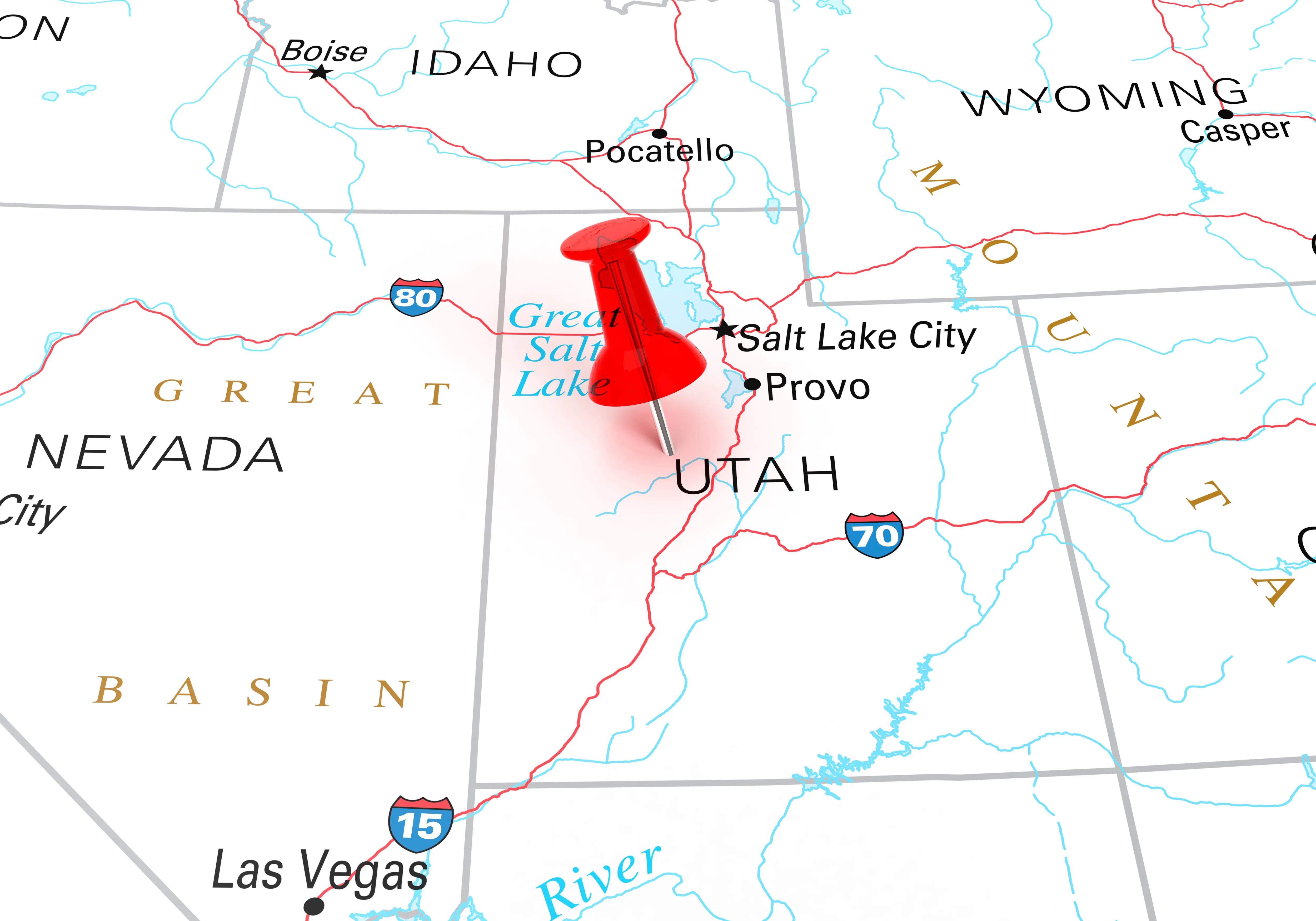
U.S. Veterans Affairs Department expands IVF access to unmarried and same-sex veterans
(Colorado Newsline) The Department of Veterans Affairs expanded access to in vitro fertilization Monday, saying that eligible unmarried veterans and veterans in same-sex marriages can now access IVF at VA health care facilities.
The announcement notes that federal law requires the VA only provide IVF treatments to veterans whose issues having children are due to a health condition from their military service.
“Raising a family is a wonderful thing, and I’m proud that VA will soon help more Veterans have that opportunity,” VA Secretary Denis McDonough said in a written statement. “This expansion of care has long been a priority for us, and we are working urgently to make sure that eligible unmarried Veterans, Veterans in same-sex marriages, and Veterans who need donors will have access to IVF in every part of the country as soon as possible.”

© iStock - flySnow
The VA has only provided IVF care for married veterans who were able to use their own eggs or sperm during the process, but the new announcement allows veterans to use donor eggs, sperm and embryos.
The VA noted in its announcement the department doesn’t cover surrogacy costs.
The VA also reiterated it provides up to $2,000 in adoption expenses for veterans with a disability connected to their military service that caused infertility.
Legislative options
Washington state Democratic Sen. Patty Murray said in a written statement the VA’s decision to expand access to IVF “is an important step forward that will help more veterans start and grow their families.”
“I have fought for over a decade to expand fertility care and treatment to more veterans and servicemembers, and I’m thrilled that DoD, and now VA, are making progress toward expanding their IVF services with new policies will be life-changing for veterans and servicemembers who were for far too long excluded from care,” she said.
Murray plans to go to the Senate floor this week to ask for quick approval through unanimous consent of a bill to further broaden access to fertility treatments.

iStock
That bill, titled the Veteran Families Health Services Act, would allow the VA to permanently expand which veterans have access to IVF as well as provide the option for military members to freeze their eggs or sperm before deployment to combat zones or hazardous duty assignments.
The legislation would expand adoption assistance for veterans and require both the VA and the Department of Defense to “facilitate research on the long-term reproductive health needs of veterans.”
The Senate bill has 24 co-sponsors, all of whom are Democrats or are independents who align politically with the Democratic Party. They include Sen. John Hickenlooper of Colorado.
House Committee on Veterans’ Affairs ranking member Mark Takano and the Health Subcommittee ranking member Julia Brownley, both California Democrats, said in a joint statement the expansion “is a step in the right direction to allow eligible unmarried veterans and veterans in same-sex marriages to receive IVF, but we think current law is still too restrictive.”
“It is very difficult to prove that infertility has been caused by prior service to our country, and the onus is on the veteran to prove it,” the two wrote. “Most veterans with infertility have faced a difficult choice: pay the prohibitive cost of IVF out of pocket, or lose valuable treatment time pursuing a VA service connection.”
The two then pressed for Congress to approve a different bill that would expand IVF access for veterans, dubbed the Veterans Infertility Treatment Act.
That bill has 31 co-sponsors in the House, all of whom are Democrats. They include Rep. Brittany Pettersen of Lakewood.
Takano and Brownley said that their legislation is necessary to ensure “any veteran, regardless of whether their infertility is service-connected,” has access to IVF “as part of VA’s comprehensive medical benefits package.”
“Given what we recently saw in Alabama and the growing attacks on reproductive rights in our country, it is more clear than ever that we need to expand IVF access for veterans, regardless of where they live,” they wrote. “This new VA policy is an important step. We will continue to advocate for legislation that will ensure any veteran who wants to start a family can.”
Colorado Newsline is part of States Newsroom, a nonprofit news network supported by grants and a coalition of donors as a 501c(3) public charity. Colorado Newsline maintains editorial independence. Contact Editor Quentin Young for questions: info@coloradonewsline.com. Follow Colorado Newsline on Facebook and Twitter.
















